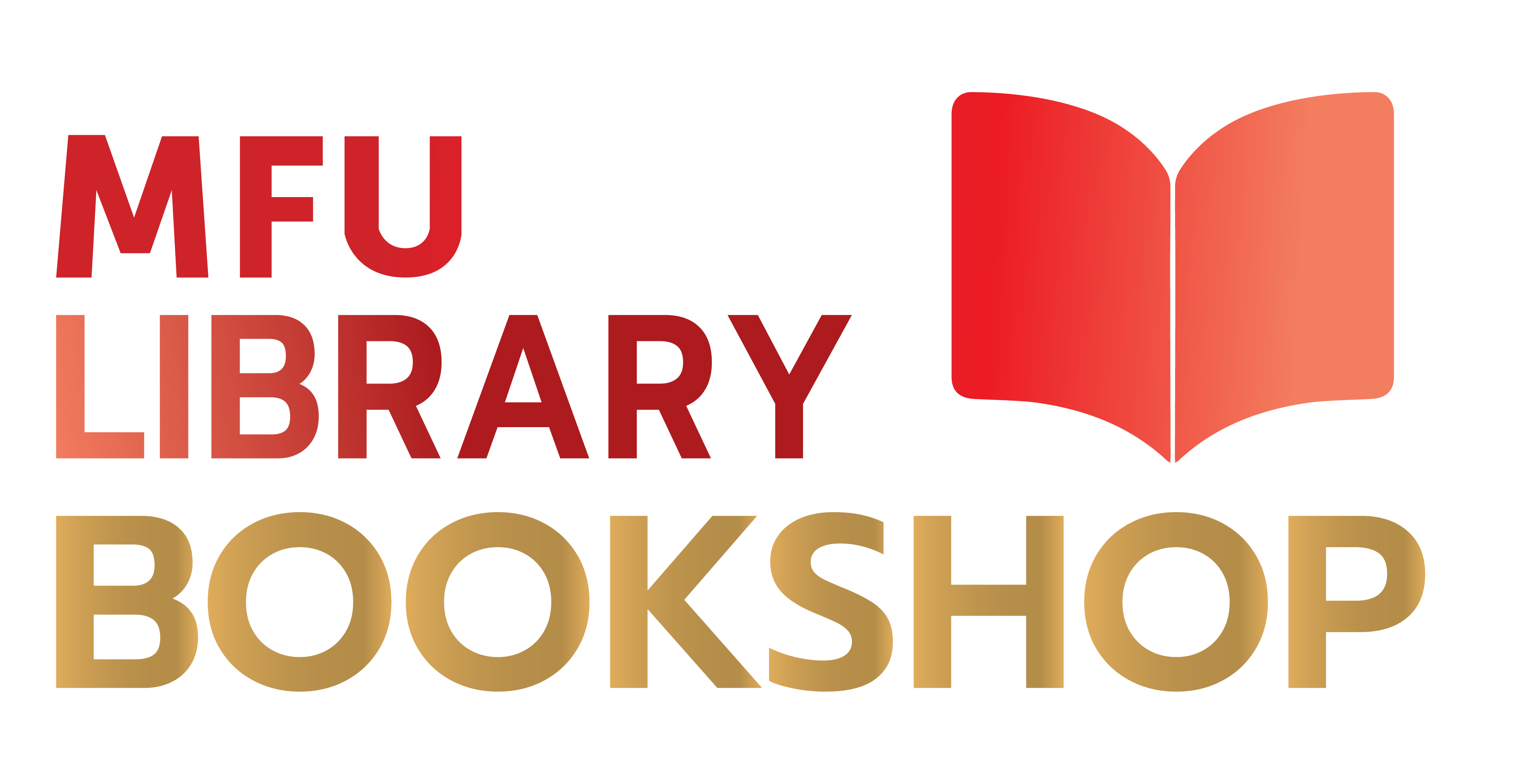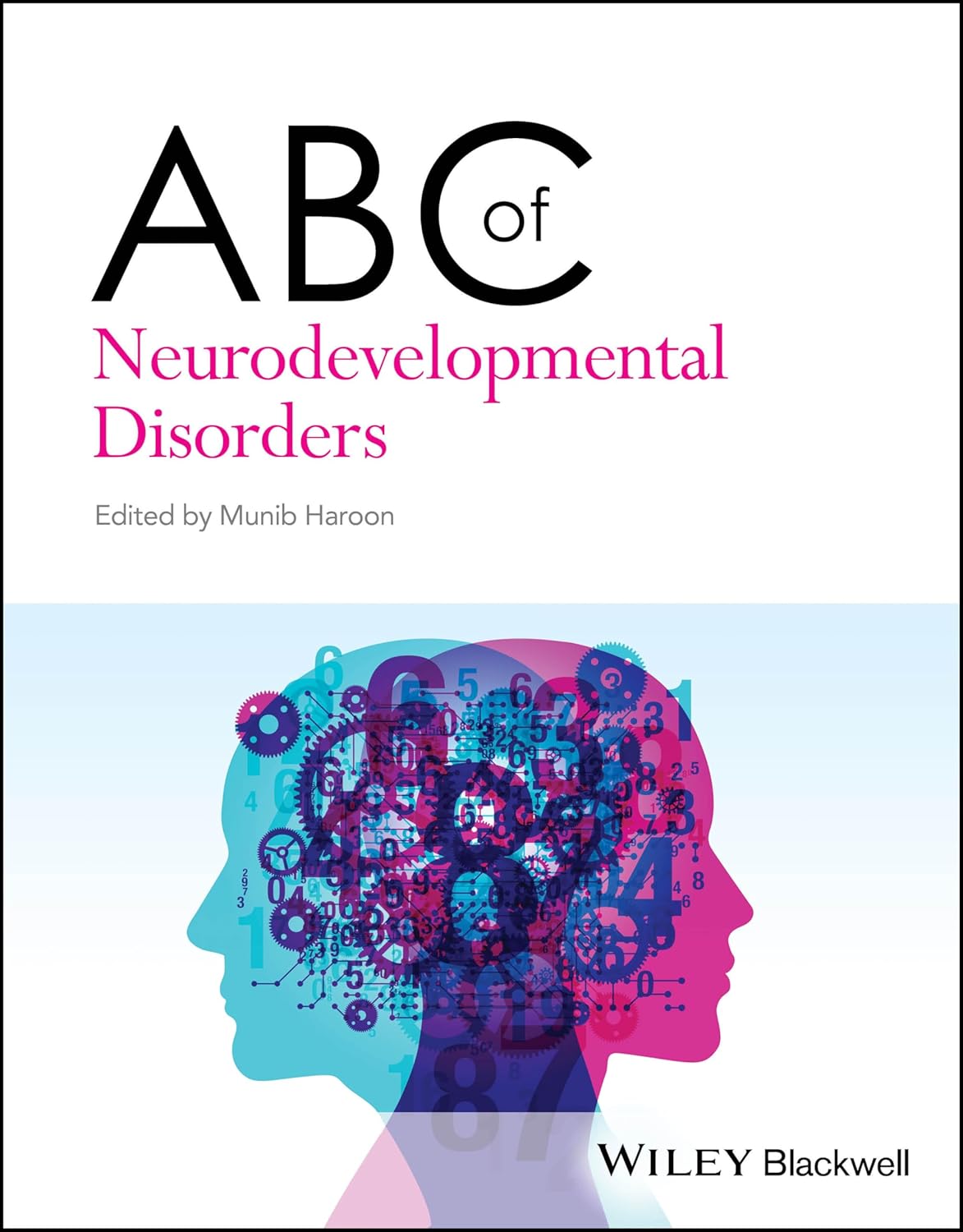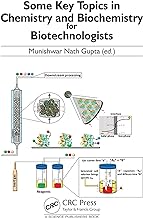
Book
Unlocking the Emotional Brain
ISBN : 9781032139128
Author : Bruce Ecker
Publisher : Routledge
Year : 2024
Language : English
Type : Book
Description : This highly influential volume, now in a much-expanded second edition, delivers major advances for psychotherapy, all empirically grounded in memory reconsolidation neuroscience. A great increase of therapeutic effectiveness can be gained, thanks to a clear map of the brain's innate core process of transformational change—a process that does not require use of any particular system or techniques and is therefore remarkably versatile. Twenty-six case examples show the decisive ending of a vast range of major symptoms, including depression, anxiety, panic, shame, self-devaluing, anger, perfectionism, alcohol abuse, sexual aversion, compulsive eating and obesity, paralyzed self-expression, and teen ADHD—all transformed through deeply resolving underlying disturbances such as complex trauma, lifelong oppression by systemic racism and homophobia, childhood sexual molestation, parental narcissistic domination, violent assault trauma, natural disaster trauma, and childhood traumatic aloneness and neglect. This is a transdiagnostic, transtheoretical, lucid understanding of therapeutic action, based, for the first time in the history of the psychotherapy field, on rigorous empirical knowledge of an internal mechanism of change, and it achieves a fundamental unification of the confusingly fragmented psychotherapy field: diverse systems no longer seem to belong to different worlds, because they now form a wonderful repertoire of options for facilitating the same core process of transformational change, as shown in case examples from AEDP, Coherence Therapy, EFT, EMDR, IFS, IPNB, ISTDP, psychedelic-assisted therapy, and SE. It's now clear why therapy systems that differ strikingly in technique and theory can produce the same quality of liberating change. Practitioners who value deep connection with their clients are richly rewarded by the experiential depth that this core process accesses, where no awareness had previously reached, whether sessions are done in person or via online video. It is an embarrassment of riches, because in addition we gain the decisive resolution of several longstanding, polarizing debates regarding the nature of symptom production, the prevalence of attachment issues, the operation of traumatic memory, the functions of the client-therapist relationship, the role of emotional arousal in the process of change, and the relative importance of specific versus non-specific factors.








